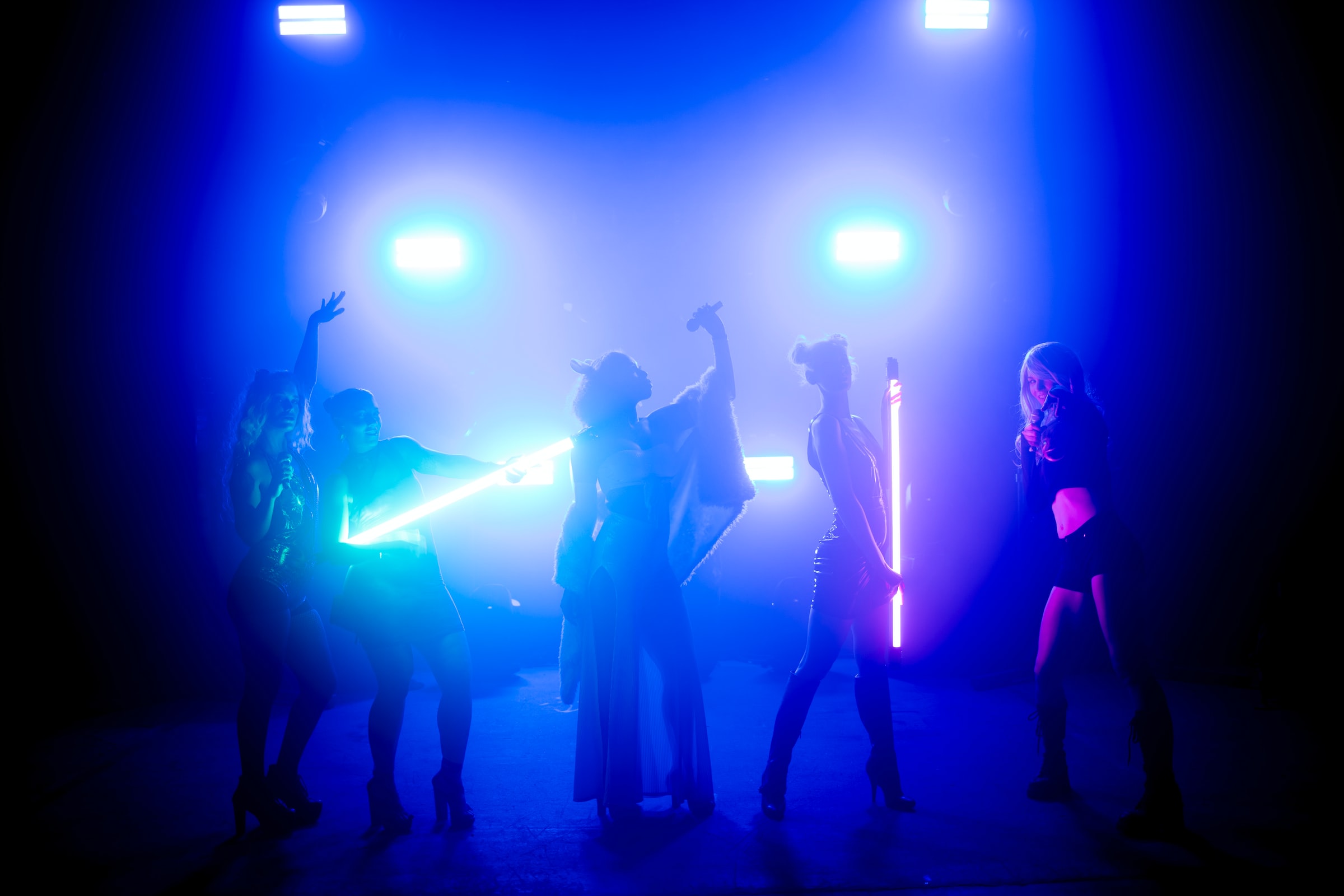
As Little Mix speak out about facing online trolls, Life&Style’s Cara Scott criticises the judgement of celebrities in online journalism and social media
Content warning: This article mentions depression and suicide.
Little Mix have had it tougher than most in the music industry, forced to grow up after they won the X-factor and were thrown into the world of fame. The four-piece girl group recently spoke out about being the ‘most bullied band in pop’.
Jesy, who created her documentary last year called Jesy Nelson: Odd One Out, revealed she had a two-year battle with depression and even attempted to take her own life. She was called fat online and has been bullied more than the other three girls.
“These online platforms can be a scrutinising place, and can lead to many celebrities worrying about how they look
However, all four girls have had their fair share of social media trolls, attacking their every action, and criticising their appearances. It is no wonder Jesy said that the insecurities of social media has made her ‘not want to have kids’; she does not want this being imbedded into her children.
Social media is meant to be a tool for promoting the group and their music, but in the modern world, it is full of journalists documenting every post they make and every outfit they wear. These online platforms can be a scrutinising place, and can lead to many celebrities worrying about how they look and wanting to fit into a ‘modern’ mould that the media will approve of. However, it seems that this is never enough, no matter what they do. Female artists are told to look ‘feminine’ and powerful, but then get sexualised. Yet, if they cover up and wear baggy clothing or typically ‘masculine’ clothes, they are called prudes. You can never please the modern media.
“Many modern celebrities are viewed as role models for young people, but this can be an added pressure
I do understand that many modern celebrities are viewed as role models for young people, but this can be an added pressure. The way that celebrities look and behave influencers others who want to be like them – thus making the industry more money. At the end of the day, money is all that the industry cares for, not so much the mental health of all these artists struggling to live up to the standards of social media and their critics.
I don’t think this criticism will ever end, especially with social media becoming increasingly popular, and with the demanding expectations of the music industry. However, I do believe that journalists should be held responsible for the pieces they publish on celebrities. Particularly after what happened to Caroline Flack, journalists need to be more aware of the effects their writing can have on people – and celebrities are real people.
Too many of us view celebrities as super-beings who don’t have normal feelings and insecurities, and who are used to social media criticism. But they are just like us, and for many, the effects of social media criticism are life-threatening. Always think twice when making a comment on social media about a celebrity. A negative comment will not affect your life in any way – but it could effect theirs.
Like this? Read more on celebrities in the media:
Billie Eilish and the Battle Against Body-Shaming: Has Nothing Changed?

Comments